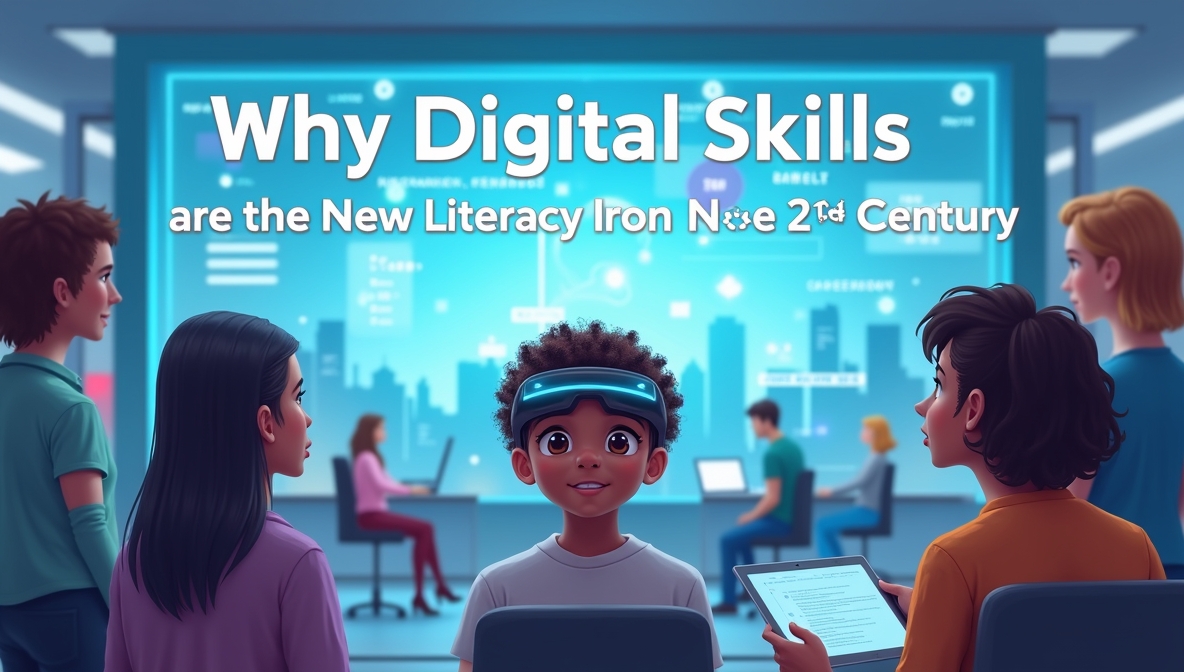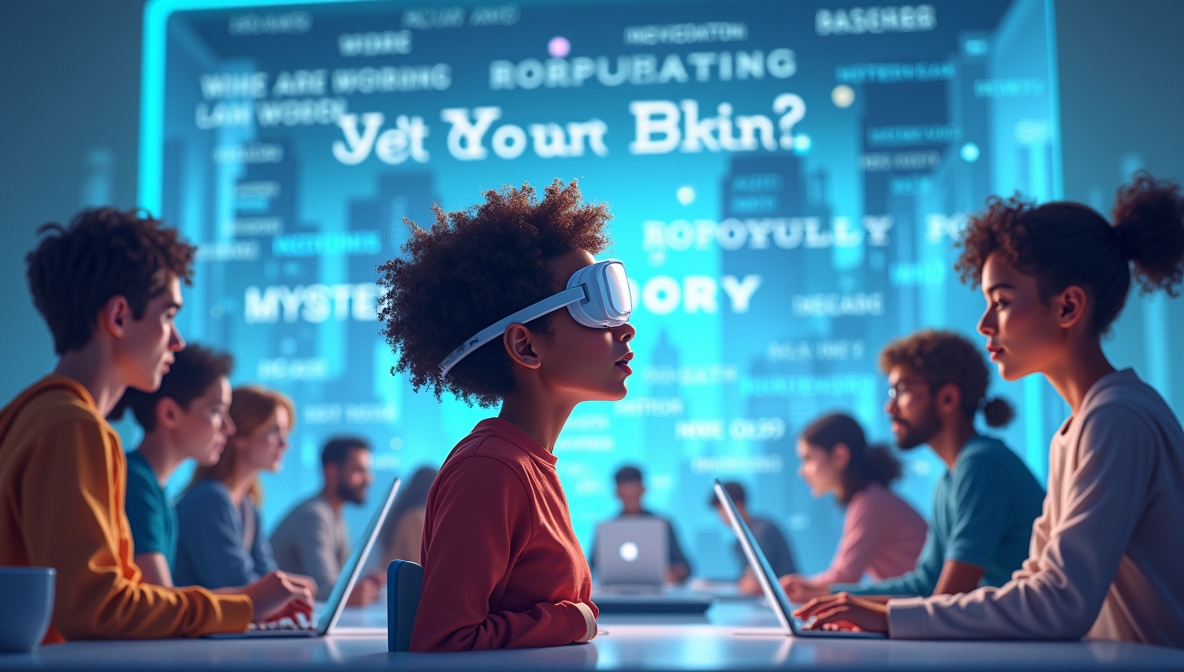In today’s interconnected world, digital skills have become just as essential as reading and writing. They are no longer limited to the tech industry—every profession, every business, and nearly every daily task involves some level of digital interaction. Whether you’re applying for a job, managing your finances, or communicating with others, digital literacy has become a fundamental life skill.
But what exactly are digital skills? They include everything from basic computer usage and internet navigation to advanced abilities like data analysis, coding, online communication, content creation, and cybersecurity awareness. As technology continues to evolve, the demand for digital competence is rising across every sector.
In the workplace, digital skills are now non-negotiable. Companies expect employees to be proficient in tools like email, word processors, spreadsheets, and collaboration platforms. Beyond basic functions, many roles require the ability to work with cloud systems, use project management software, and interact with digital analytics. Having strong digital skills not only makes you more employable but also gives you a competitive edge when seeking promotions or transitioning into new roles.
Digital literacy also supports entrepreneurial success. Small business owners who know how to build websites, run social media accounts, and market online can reach wider audiences and grow their brand with fewer resources. Understanding how to collect and interpret customer data also enables better decision-making and more effective marketing strategies.
Even in education, digital skills play a crucial role. Students who are comfortable using research tools, online libraries, and learning platforms tend to perform better. As e-learning continues to grow, both students and educators must become fluent in using virtual tools, engaging in video conferencing, and managing online assignments.
One of the most important aspects of digital skills is cybersecurity awareness. With more of our personal information stored online, knowing how to protect your data has become vital. This includes understanding strong password habits, recognizing phishing emails, using secure connections, and being mindful of what you share on social media. In a time when identity theft and cybercrimes are on the rise, digital safety is an essential skill for everyone.
Digital skills also contribute to personal development. With access to countless online resources, you can learn new hobbies, explore different cultures, or develop side incomes through freelancing, content creation, or online marketplaces. These opportunities were once limited but are now available to anyone with internet access and the right skill set.
For communities and countries, digital literacy can be a driver of social and economic growth. It empowers individuals, connects them to global knowledge, and reduces inequalities. Bridging the digital divide—ensuring that everyone has access to digital education and tools—is a global priority, especially in developing regions.
To stay current, it’s important to continuously update your digital skills. Technology changes fast, and what is relevant today might become outdated tomorrow. Set aside time each month to explore new apps, online tools, or training platforms. Free resources like YouTube tutorials, MOOCs, and eBooks make continuous learning more accessible than ever.
In short, digital skills are the new literacy of the modern world. They open doors to employment, creativity, and global connectivity. Whether you’re a student, worker, business owner, or retiree, embracing digital literacy ensures you stay empowered, informed, and future-ready.

